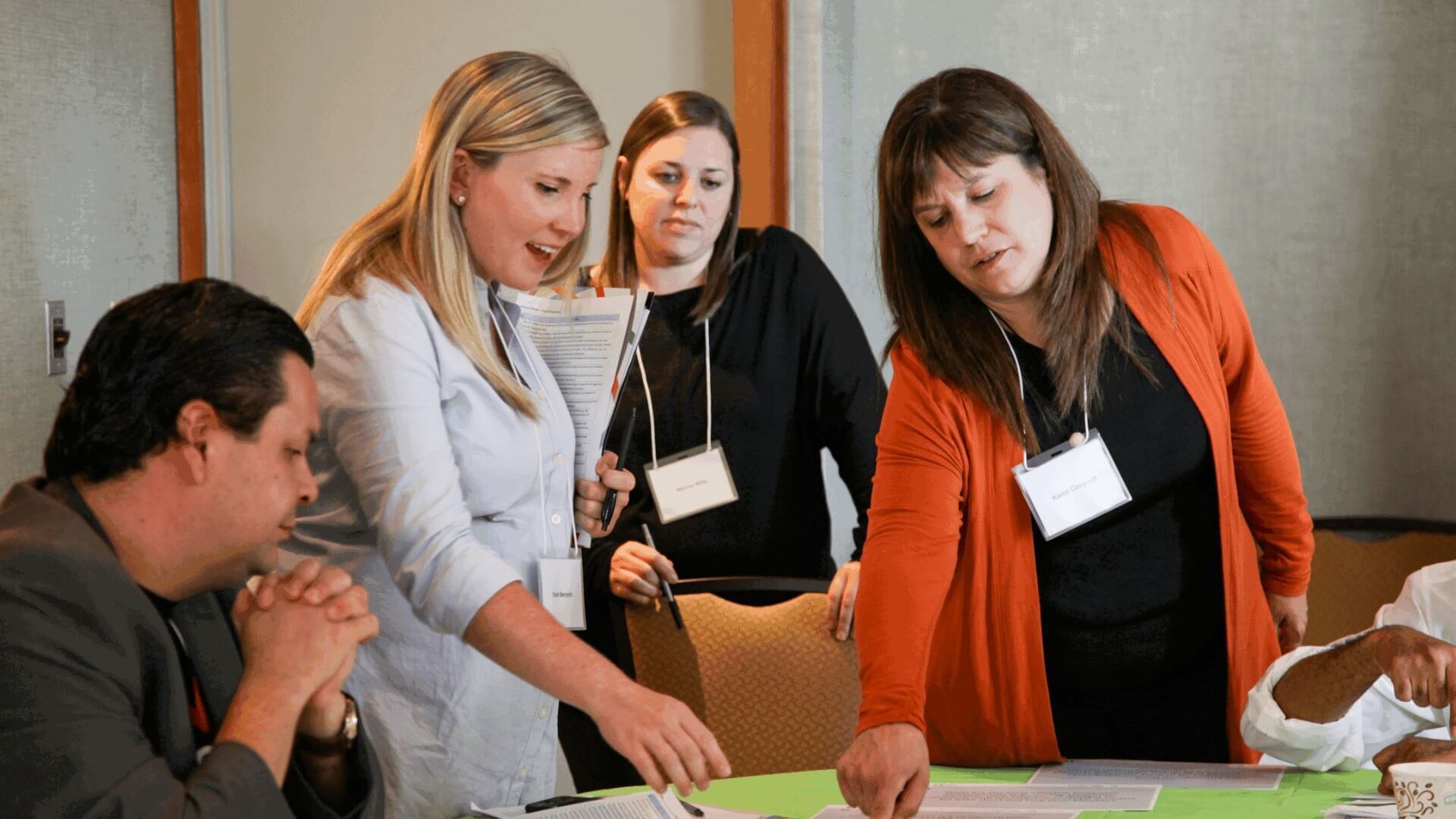From participation to impact: Driving progress through patient partnership and engagement

- OBI transforms patient feedback into concrete policy changes, introducing new honoraria for advisor contributions, launching travel awards for patient partners to attend scientific conferences, and developing accessible onboarding resources
- 2025 workshop engaged 52 participants with 70% from patient and family communities, achieving 100% feeling valued and nearly 90% validated while identifying critical gaps in accessibility, trial participation, and lifespan research
- Patient voices drive research relevance and real-world impact, co-designing annual Engagement Experiences Survey and shaping how OBI's programs integrate lived experience into study design, interpretation, and knowledge translation for 1 in 3 Canadians affected by brain conditions
At the Ontario Brain Institute (OBI), the most important voices in brain health research aren't just heard – they're integrated into every decision the organization makes. This year, those voices drove tangible, transformative change, from updated compensation policies to travel bursaries that enabled patient partners to engage directly with researchers at major scientific conferences.
OBI's Advisory Committees include patients (adult and youth), family, and community members (PYFACs), and bridge the critical gap between cutting-edge research and lived experience. Each year, a collaborative PYFAC workshop brings together the people whose perspectives matter most: patient partners, families, researchers, and community organizations shaping the future of brain health research and care.
The 2025 PYFAC workshop welcomed 52 participants, with 70% identifying as patient, family, youth, or community advisors. Their feedback underscored the value of these gatherings: every participant reported feeling genuinely valued, nearly 90% felt fully validated in their contributions, and over 84% left inspired to continue their engagement. But numbers only tell part of the story.
Participants also challenged OBI to do better – highlighting accessibility barriers on virtual platforms, requesting more opportunities for social connection, and identifying obstacles that prevent people from joining clinical trials.
Turning feedback into actionable insights
When patient partners speak, OBI responds. This year brought concrete policy changes driven directly by community recommendations.
OBI introduced a new honorarium to formally recognize the time advisors dedicate to reviewing documents, sharing knowledge, and contributing to data interpretation, affirming that expertise deserves acknowledgment whether it comes from the lab or lived experience. This policy was a response to feedback during our 2024 gathering with PYFACs.
In partnership with the Ontario SPOR SUPPORT Unit (OSSU), the OBI Foundation also launched a travel award that would enable patient partners to attend scientific events alongside researchers. One advisor reflected after last year's workshop, "we requested better recognition for our contributions," and now patient voices are represented in the most critical conversations about research and knowledge sharing beyond clinical settings.
Thanks to PYFAC members, OBI is rethinking how new advisors are integrated into research projects. Workshop participants identified barriers faced by new advisors – including information overload, jargon, and unclear roles – and emphasized that traditional "big binder manual" approaches were unhelpful. In response, OBI is supporting funded programs in developing materials that can be used in various information-sharing and educational capacities including orientation and re-freshers.
Workshop discussions revealed another vital insight: meaningful patient engagement extends beyond clinical settings. OBI is now looking at community-based partnerships to ensure research reflects real-world needs of Ontario's diverse population. These partnerships will also pave the way to moving research from labs to real-world settings.
The conversations also illuminated gaps that research often overlooks. Advisors from the Cerebral Palsy Integrated Neuroscience Discovery Network (CP-NET), one of OBI's Integrated Discovery Programs, made a compelling point: "Cerebral palsy has historically been treated as a childhood disability, when that's not the case, and now we don't have the research to support what's happening in our adult lives." This insight is driving the OBI team to explore care transitions and ensure research supports people across the full course of life.
Looking ahead
The message from OBI's advisory communities is clear: they want greater recognition, deeper inclusion, and more responsive systems. They also want to know how and where their contributions have made an impact. Guided by their feedback, will continue raising the bar for meaningful engagement — through updated policies, dedicated compensation, strategic partnerships, and commitment to continuous learning and improvement.
But the path forward extends beyond improving engagement activities. The ultimate goal is to showcase how patient engagement directly shapes research outcomes and drives our knowledge translation efforts as an organization. In the next year, OBI will continue to work with its Integrated Discovery Programs (IDPs) to strengthen the role of patient partnership in study design, interpretation, dissemination, and real-world adoption of research findings.
When patient voices are not just included but fully integrated, research becomes more relevant, care becomes more connected, and outcomes improve for everyone living with brain disorders. This is not just OBI's goal; it's an enduring commitment to the 1 in 3 Canadians affected by brain conditions
